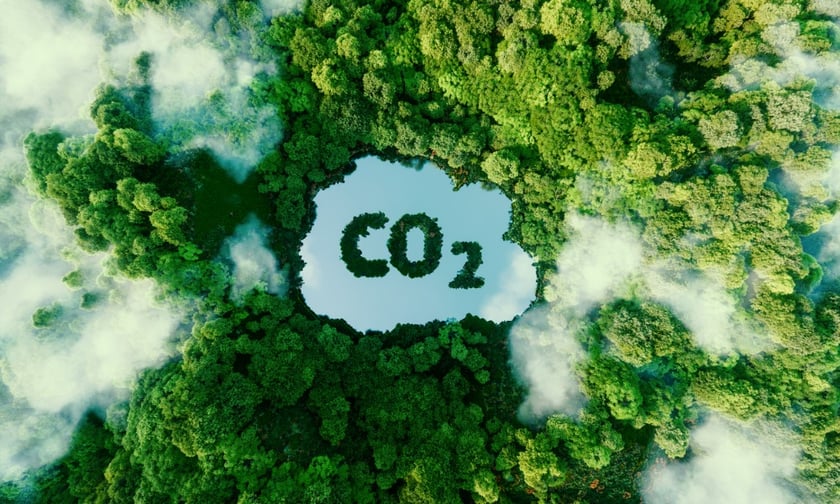

AIA NZ has received its Toitū carbonreduce certification, as part of its goal to achieve net zero by 2050.
According to AIA NZ, the certification, which recognises companies’ concrete actions on climate change, is a “key milestone” in its sustainability journey.
The Toitū carbonreduce certification means AIA NZ’s greenhouse gas emissions (GHG) have been measured to the ISO 14064-1:2018 global standard, and that the company is committed to setting GHG reduction targets.
The company’s operational emissions for 2021 were equivalent to 617.83 tonnes of CO₂, with the top emissions sources consisting of electricity and natural gas for its office buildings and petrol for its fleet of leased vehicles. Current projects to reduce operational emissions include improving energy efficiency in buildings and transitioning to hybrid vehicles.
Nick Stanhope, AIA New Zealand CEO, said the certification is an external verification of the firm’s internal mahi and focus.
“Understanding our greenhouse gas emissions sources, measuring our emissions, and creating an action plan to bring these to net-zero is an integral focus for our business,” Stanhope said. “Driving this is a robust AIA environmental, social and governance (ESG) strategy, with strong leadership from our executive team and board, including a board ESG committee, with two core pillars being sustainable operations and sustainable investments.”
AIA said that reducing carbon emissions is a natural course of action, as it recognises the critical relationship between the environment and New Zealanders’ physical and mental health.
“Our 5590+ research shows that how we interact with the environment can contribute to the five most common but preventable non-communicable diseases – cancer, diabetes, respiratory and cardiovascular disease, and poor mental health. Together, these now contribute to more than 90% of deaths in Aotearoa,” Stanhope said.
AIA said that it will release a new report in early 2023 that will examine the growing evidence that shows the relationship between the environment and people’s health.
“Climate change plays an important role in human health and wellbeing, which can be directly impacted – through storms, droughts, floods, heatwaves, temperature changes and wildfires – and indirectly impacted –through water quality, air quality, land-use change and ecological change,” Stanhope said. “Climate change can also directly and indirectly increase the prevalence of NCDs. For example, it may increase the risk of cardiovascular disease directly via air pollution and extreme temperatures, and indirectly via changes to food availability.”
